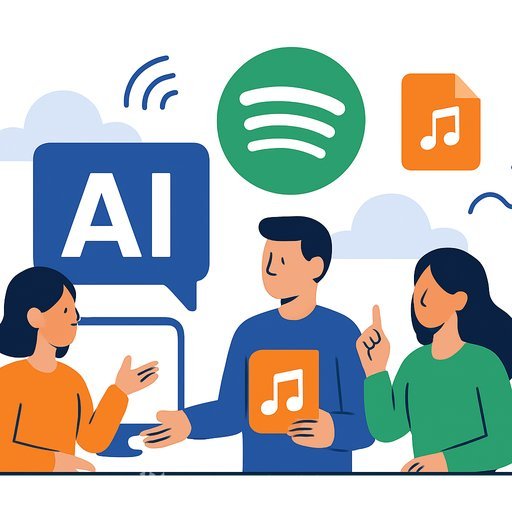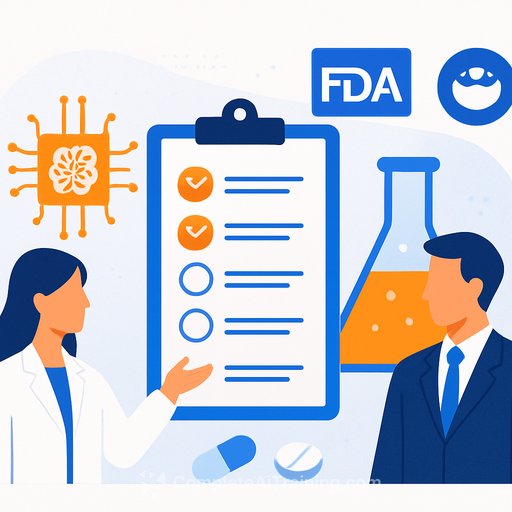Spotify teams up with Sony, Universal, and Warner to build "responsible" AI music products
Spotify is partnering with Sony Music Group, Universal Music Group, and Warner Music Group to develop AI products that work within copyright and give artists and songwriters control. The company will invest heavily in AI research and product development, one of the first coordinated efforts between major music companies to address creator concerns about AI in music.
What Spotify says it will build
Spotify plans to stand up a generative AI research lab and a product team dedicated to music-safe AI. The company outlined four focus areas that signal how these tools will work in practice.
- Upfront agreements with labels, distributors, and publishers to co-develop products for artists and fans.
- Opt-in controls so artists and rights-holders can choose whether their works power or appear in generative features.
- New product lines that create revenue streams instead of eroding them.
- Tools that deepen artist-fan connections using AI features built with consent.
Signal for product and engineering teams
If you build audio or creator tools, expect rights-aware AI to become table stakes. The partnership points to consent-first data pipelines, clear attribution, and monetization baked into the product from day one.
- Data governance: licensed datasets, usage boundaries, lineage tracking, and auditability.
- Consent UX: explicit opt-in flows, scope of use (training vs. inference), revocation, and versioning.
- Provenance: watermarking, content authenticity metadata, and model disclosure (what was trained on what).
- Safety: prompt filters, voice cloning safeguards, similarity thresholds to avoid style mimicry, and red-teaming.
- Monetization: attribution-based payout models, revenue-sharing for AI-assisted outputs, and transparent reporting.
- UGC policy: remix sampling rules, takedown SLAs, and dispute resolution mechanisms.
Anti-abuse is part of the plan
Less than a month before this announcement, Spotify rolled out new AI safeguards and said it removed over 75 million spammy tracks in the past year. Expect stricter detection for synthetic uploads, stronger fingerprinting, and enforcement that targets farming and catalog flooding.
What to watch next
- Whether Spotify ships creator-facing AI tools (e.g., vocal cloning with explicit consent, stem separation, remixing) and how revenue splits work.
- APIs/SDKs for developers that include rights checks, provenance signals, and fraud detection hooks.
- Model cards and dataset disclosures that clarify training sources and guardrails.
- Expansion to more distributors and rights-holders with standardized opt-in contracts.
Spotify's statement is direct: musicians' rights matter, and copyright is essential. The message to builders is clear-if AI products don't honor consent and compensation, they won't ship on major platforms.
For official updates, see the Spotify Newsroom.
Level up your team
If you're scoping AI audio features or compliance-ready data pipelines, now is the time to upskill. Explore focused learning paths for product, engineering, and data teams:
Your membership also unlocks:










